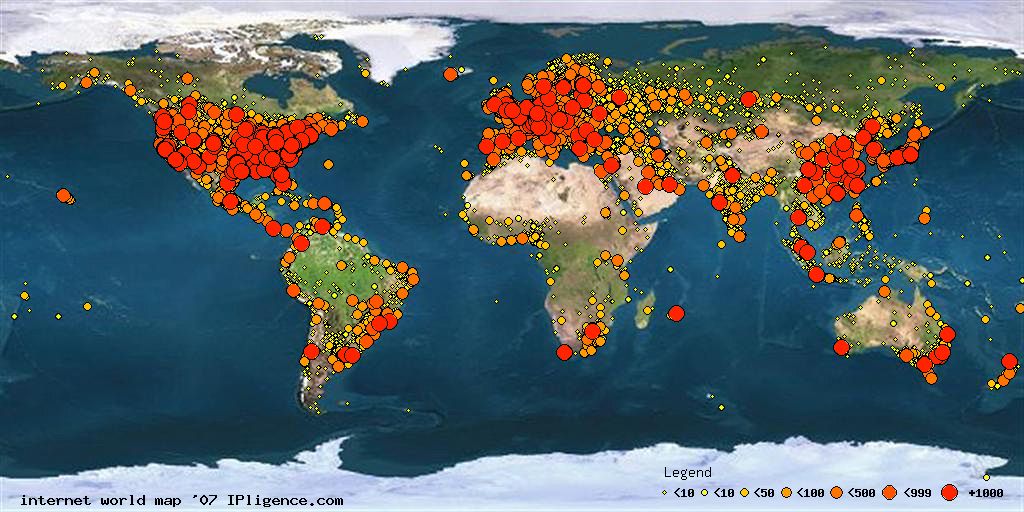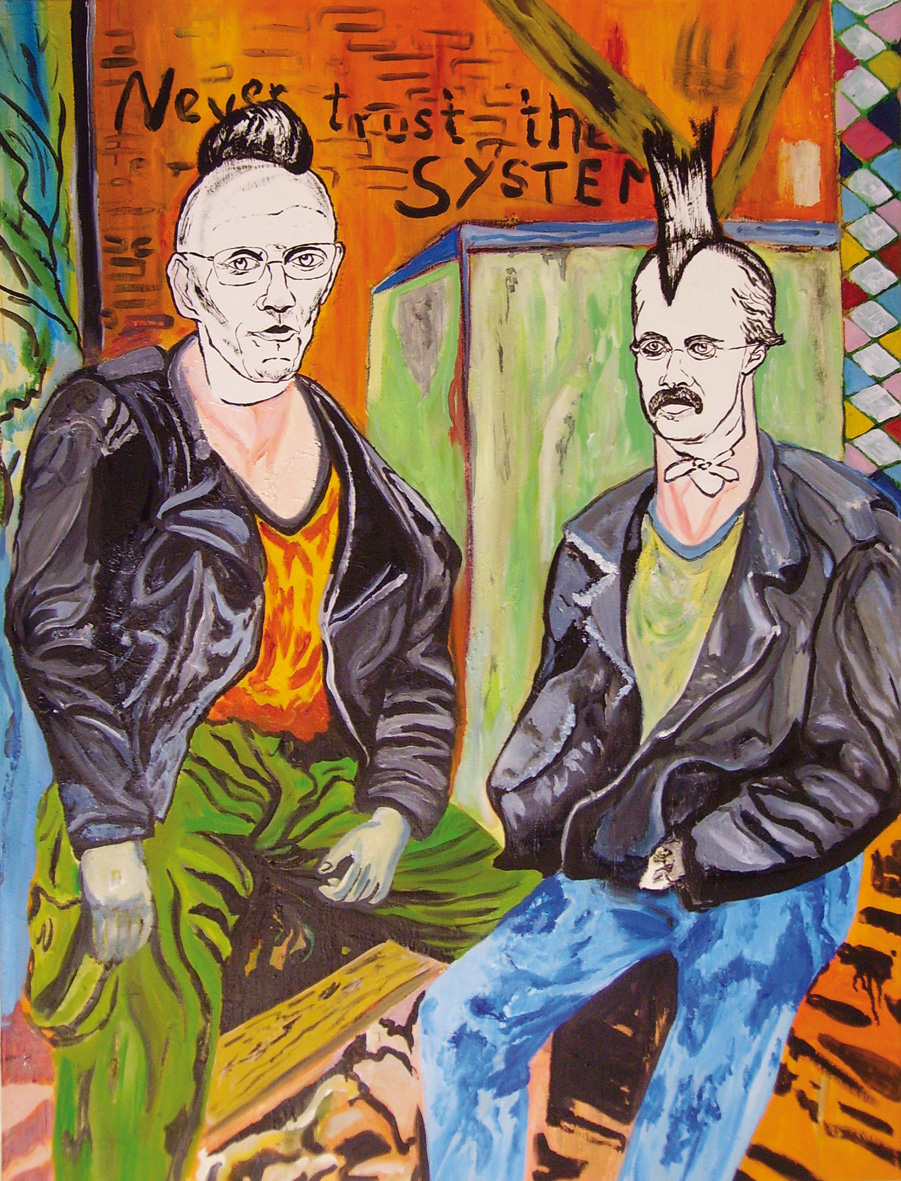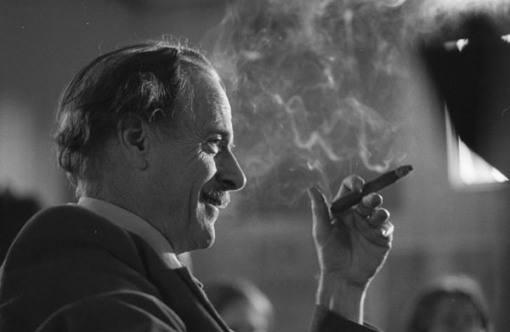The ethical position taken by academics and intellectuals with respect to the objects of their attention – research, theory, intervention – arises from a combination of environmental, institutional, and personal (i.e. political) commitments. When those commitments come into conflict, the ethical positions taken or implied by knowledge producers face the possibility of transformation. And, where globally interconnected lives at both macro- and micro-scopic levels are concerned, the conditions of possibility of change are omnipresent and intense. Arjun Appadurai (2000) summarizes the root of these conditions as a “growing disjuncture between the knowledge of globalization and the globalization of knowledge.”
Continue reading
Tag Archives: conditions


Lessons, Connections and Directions
The summer now underway, it’s a good time to take stock of gains, setbacks, and lessons learned from the semester. This post simply reviews the three sets of work undertaken over the past few months, and then try to detail the priorities and next steps necessary to continue progress towards the dissertation. Between materials, structures, and approaches, more incommensurability than contiguity prevails – yet weak ties persist in imagination and in theory. Broadly speaking, both epistemological and methodological considerations justify holding all three in concert, as parts of the long-term and focused project. And yet this can only hint at a strategy, it seems, and my largest outstanding challenge will be to find the coherent framework that unifies or at least governs the relationship between each of these schools of thought. Continue reading

Foucault – Nietzsche, Genealogy, History
“Genealogy… must expose a body totally inscribed by history, and history’s destruction of the body.” (my translation)

Internet – Lit Reviews – McLuhan, Manovitch
Whether one accepts straightforwardly deterministic speculation or not, whether one prefers to think the mind and the collective mind as functions of or factors in computing, we are bound by mediating forces. As the paragons of privileged speculation, Marshall McLuhan and Lev Manovich stand unchallenged as the sources for media and software theory in the United States. Their conceptual frameworks are most contentious when held against certain French thinkers’. McLuhan’s insight that all media contain as a message a prior medium finds a counterpoint in Regis deBray’s analysis of media as overlapping paradigms, rather than linear progressions. Manovich’s later contributions to software theory as a field in its own right takes as a direct target the archaeology of media as expounded by Michel Foucault, whose concentration on print and writing as valid archival data severely limits his historiographic impulses. But taking these two Anglo writers’ work on their own, we can unpack just where they stand, as well as their utility and inspiration for contemporary thought. Continue reading

Foucault – History of Madness / Madness and Civilization
A landmark topical study from Foucault’s early career, History of Madness took nearly forty years before arriving in the U.S. in a full translation. Jean Khalfa’s magnificent treatment of the sprawling text delivers Anglophone readers more than just extra pages. The differences between Madness and Civilization (based on the 1964 adaptation) and History of Madness (based on the original 1961 version) extend to conceptual nuances as well. In particular, the abridgment of the critique of psychiatry, in Madness and Civilization, flirts with a characterization of madness as repressed genius. But the more detailed argumentation in History of Madness, especially its focus on the institutional disciplines surrounding reason, emphasizes a conscientiously empirical archaeology of reason instead. Still, a central lament, for the loss of unreason after the 18th century, remains in force across both texts. Continue reading
Internet – Geography, and Africa Introduced
We expect no clean equivalence between infrastructure, labor, capital, and internet development. Still, we know that the growth of a robust modern internet takes vast amounts of time, skilled labor, and knowledge — all elements of advanced capital. So, when we consider the rise of today’s African internet, we must ask, first, who builds it — and then, where its infrastructure overlaps or clashes with existing geographical patterns. Heavily visual organization and logic help think through these issues of backbone, traffic, and investment. Their combination leads to some interesting insight to the specific challenges facing the continuation of Africa’s internet-building. Continue reading
Internet – On the Markets
We turn now from contextual summaries of broad topics to more specific analyses of focused problems. The case in point this week is the curious interplay of market and economic themes in discourses and studies of the internet. There are several fascinating phenomena associated with the rise of the internet as a platform for trade as well as communication and computation. These, however, have roots that run deeper than their own emergence, in the economic and historical conditions that undergird the internet’s development. As trade and commerce proliferate online, they mimic (at least at first) the structure and behavior of their non-internet predecessors, which themselves must shift or extend their positions to accomodate this competition. As internet markets continue to grow and find their own forms, their effects on their non-internetted counterparts deepens. And as financial instruments and economic models become more closely attuned to internet machinations, it becomes easier – from a cultural or social standpoint – to overlook the most obvious historical and global correlations to this situation.

A silly image for a spammy post on webtech-team.com

Foucault – Order of Things
We have no words for things. Rather, words are things that make other things. Concatenated discourses — words in their material aggregation — actively shape more than signification and syntax. Foucault’s principal argument throughout The Order of Things attacks the commonsense notion that words merely represent, or that mimetic functions are language’s sad destiny as medium of communication, after we enter epistemic formations of knowledge that structure such notions. Granting deeper, nigh on originary, primacy to language, as progenitor of ways of being and of making things in the world, he shows us how such a notion arose in shifts between Western historical eras: the Renaissance, Classical, and modern periods. Continue reading
Foucault – Tutor-Texts and Intellectual Lineage
This first post in a short-term regular series of essays on Michel Foucault deals with his most famous influences. I begin with the precursors to Foucault’s own production of knowledge because their work and tutelage form the conditions of that production. This requires that I oversimplify some of their contributions to cultural scholarship and critical theory. I hope to maintain a baseline level of respect for their importance without fetishizing their names, just as I intend to maintain the tension between the familiarity of Foucault’s own name and the irreducibility of his intellectual production to any single certain thought or text. Enough lingering on qualifications and breast-beating, then. Let me turn to the names and their significance for Foucault’s emergence as a theoretical producer – and event.

- Michel Foucault – image via Creative Commons.